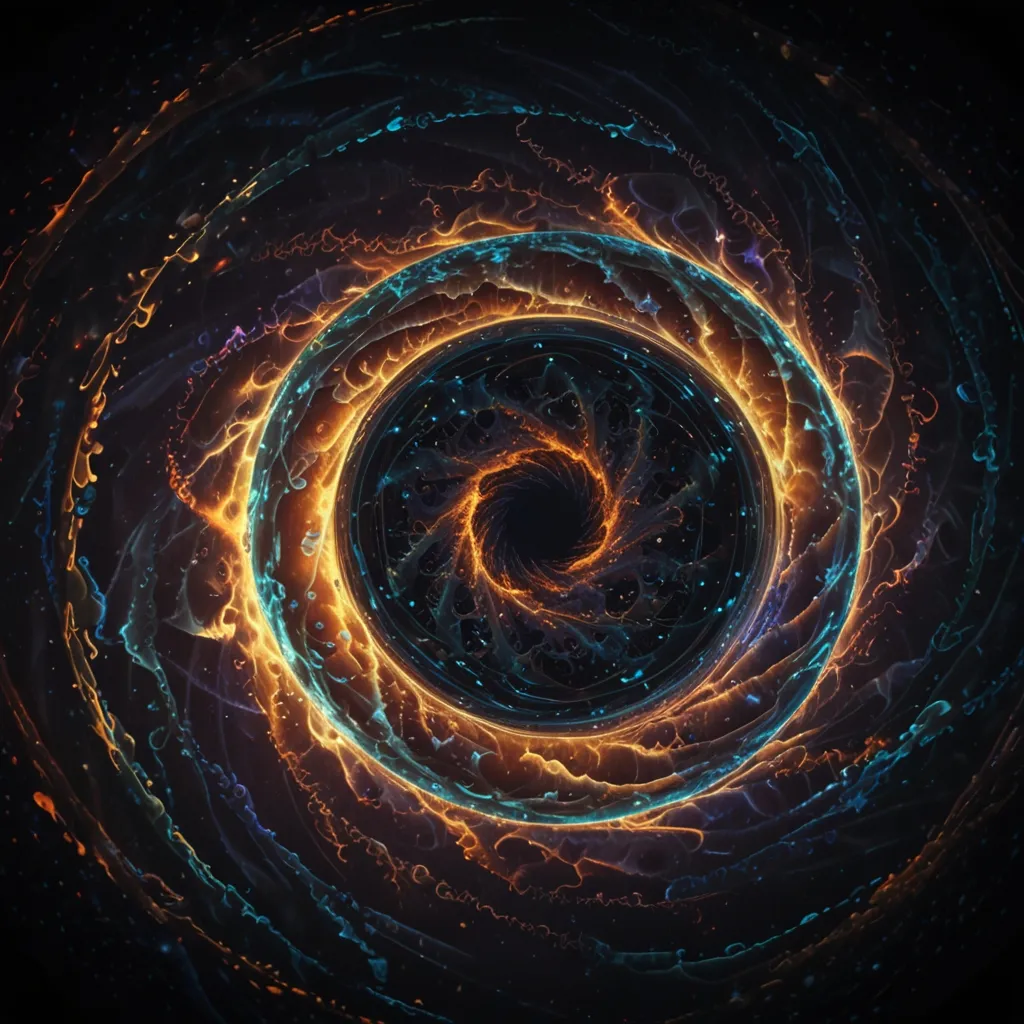Time is one of the few constants in our lives, an inexorable force that always seems to march forward. The idea that we can only move one way in time is something we all accept, but it raises a lot of interesting questions, especially when we dive into the subatomic world of quantum mechanics.
At the quantum level, time isn’t so straightforward. The equations governing quantum mechanics don’t actually care which direction time is flowing. They’re time-symmetric, meaning they work the same forwards and backwards. Even when we observe something as simple as a bouncing ball, things seem mostly symmetrical until you account for friction and heat, which subtly shift the balance.
One way to try to understand the flow of time is to look at thermodynamics, particularly the second law, which introduces the concept of entropy. In simple terms, entropy is disorder. The universe tends to move toward higher entropy, meaning more disorder, and this seems to be linked to the one-way direction of time.
Imagine a room filled with two different gases, each on their own side of a chamber. Once you remove the barrier, the gases mix, creating a more disordered state and higher entropy. This isn’t a process that typically reverses itself. You wouldn’t see the gases spontaneously separating back into their original sides, making this a good analogy for the forward flow of time.
But here’s the catch: even in our everyday world, entropy doesn’t always move in one predictable direction. Take your refrigerator, for example. Inside, entropy decreases as heat is removed, yet time doesn’t run backward in there. The overall entropy still increases because the fridge uses energy which ultimately contributes to a greater disorder in the room it’s in.
This murkiness about time and entropy raises more questions than it answers. Physicist Lee Smolin suggests that what’s truly different about the past, present, and future is the nature of knowledge. Quantum events are full of probabilities in the present and future, but once they become part of the past, they are definite and set in stone.
Think about it as living in the moment when possibilities turn into reality. This transformation from quantum probability to classical certainty could be what drives the arrow of time forward. As knowledge becomes concrete, entropy increases and time moves forward.
While this perspective is intriguing, it’s important to note that it’s more of a theoretical framework rather than a proven fact. What we do know is that the universe is becoming more disordered over time, suggesting that entropy has been increasing from the very beginning.
The ultimate question is whether time will always move forward. Some theories propose that as the universe reaches a state of maximum entropy, with all useful energy spent, nothing more can happen—no movement, no chemistry, not even thought. This hypothetical “heat death” or “big freeze” would be a still, quiet end to time as we know it.
Understanding time better is a colossal challenge, and it remains one of the most perplexing mysteries in science. But whether you’re a curious thinker or a potential groundbreaking scientist, delving into these questions could bring new insights that reshape our understanding of the universe. Time, after all, waits for no one.






